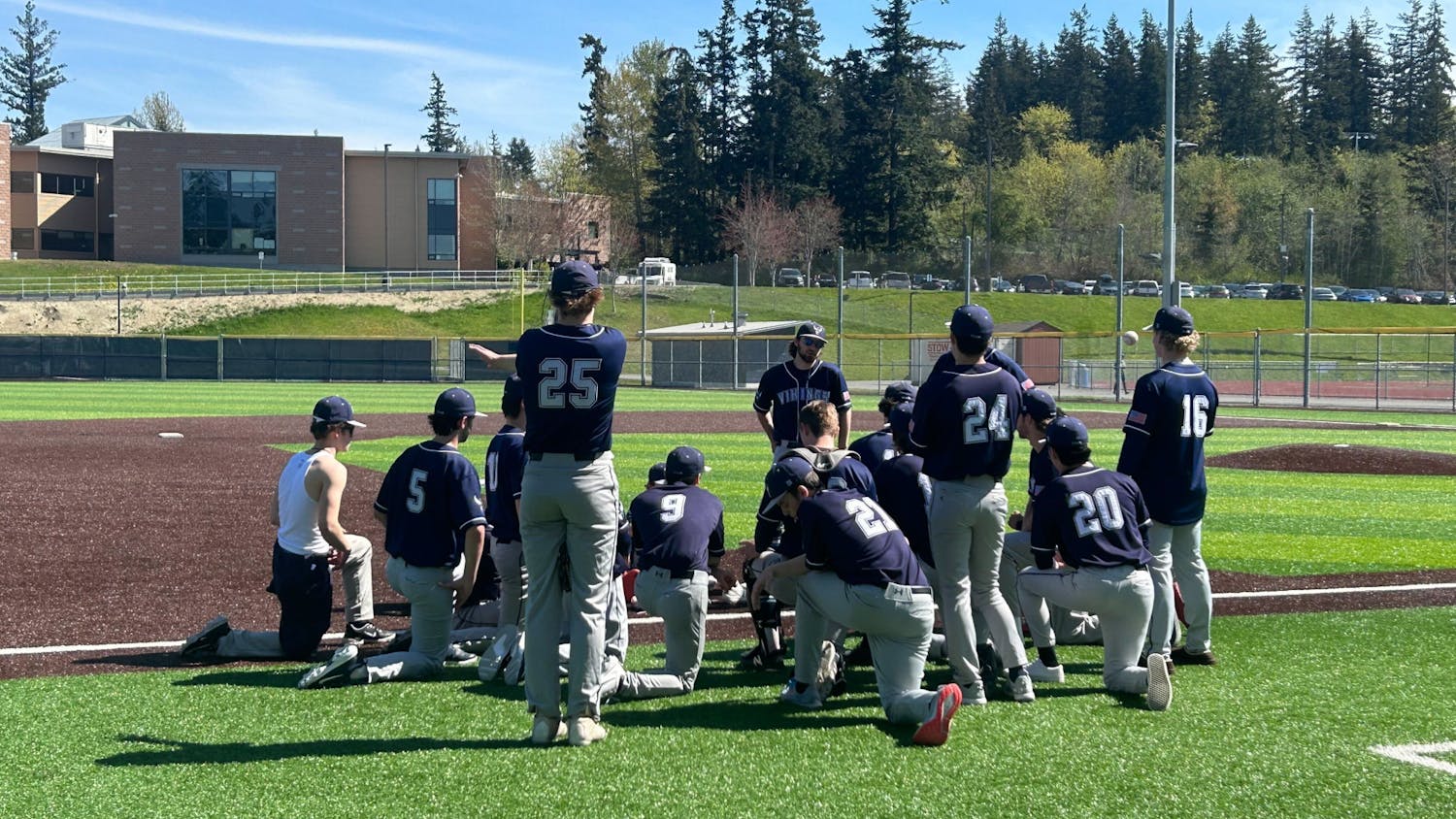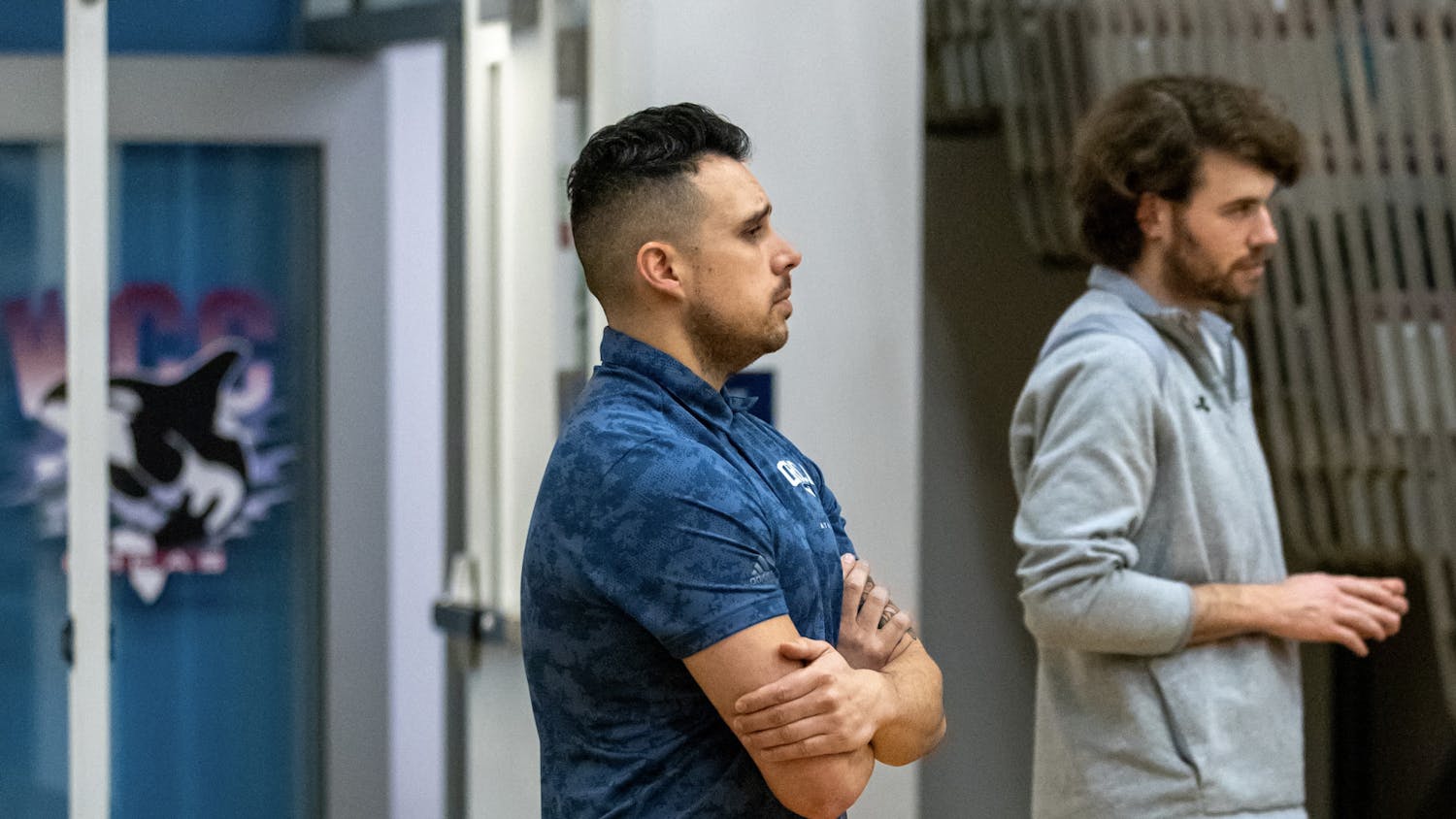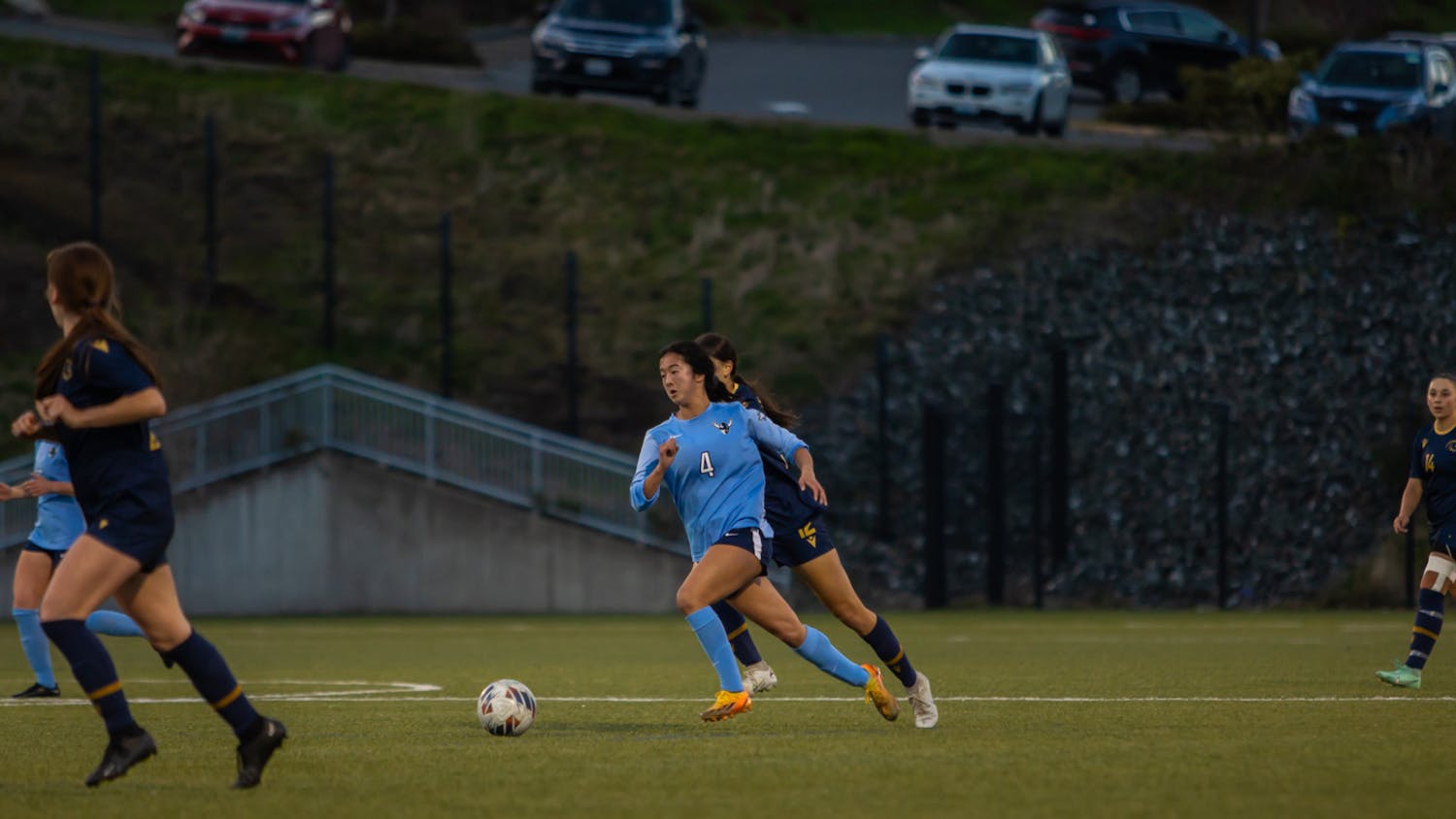Bigger doesn’t always mean better when it comes to Western club sports playing bigger Division I schools in regular season competitions.
Western’s student population is one of the smallest when it comes to the schools the sports clubs compete against. The largest school Western regularly competes against is the University of Washington whose population is just over 43,000 students. The smaller schools in the league include Central Washington University, Whitman College and Eastern Washington University.
Although the deficit may be visible in each school’s roster, Western’s club sports have held their own when it comes to competing.
Last weekend the men’s crew team competed at the Western Intercollegiate Rowing Championships in Sacramento, California. The team competed against club teams from large Division I schools all over the West Coast and claimed second place in one of their races.
Men’s crew team member and second-year David Kipnis said competing against bigger schools is not necessarily difficult because it gives them good competition.
“We have amazing coaches and very motivated athletes which is rarely found in schools who compete on a club level. [This] gives us the ability to compete with teams who are as fast if not faster than us,” Kipnis said.
Kipnis said larger schools have the advantage of more funding from big donors, giving them the ability to have more recruits. He added that they also have access to better gear and nicer facilities, which makes it easier to perform on higher levels.
Although Western is one of the smaller schools, Kipnis said that this year they had one of the biggest turnouts for the team tryouts.
“This season has been the best for us both in terms of boat speeds and the team dynamic,” he said. “This is the fastest all of our boats have been in their respective categories compared to years passed.”
Men’s club volleyball player and second-year Nate Le said he doesn’t think it’s harder to play against larger schools. It’s just a matter of practice and how much you want to improve and become better.
“We can beat any school out there. It just takes time, practice, sweat, and perseverance to reach our goals,” he said.
Le said their team’s season has gone well with eight wins in only two tournaments. The men’s team routinely practices with the women’s club volleyball team who recently won fifth at the National Collegiate Volleyball tournament in Denver, Colorado.
Third-year Sydney "SJ" Evans, the goalie for the Western women’s lacrosse team, was originally going to play Division III lacrosse but decided to attend Western and joined their club team.
Evans mentioned that their season did not go as planned this year due to losing a chunk of team veterans to graduation. She also said the advantages of bigger schools come from having a divisional team as well as a club team.
“I think it’s definitely difficult especially when we are playing teams like [University of Oregon] since they have a divisional lacrosse team, because the girls on their team originally went to the school to play but didn’t want to commit,” Evans said.
Evans agreed with both Kipnis and Le that they wouldn’t stop competing against the larger schools even with the advantages they have.
“I’d prefer playing these teams and playing harder teams to make it more of a challenge than to play a small school,” Evans said.
Evans is excited for her team's season next year as they just voted in a new leadership team as well as new captains. She also mentioned that she is excited for the team to build a new foundation to make a stronger team.





